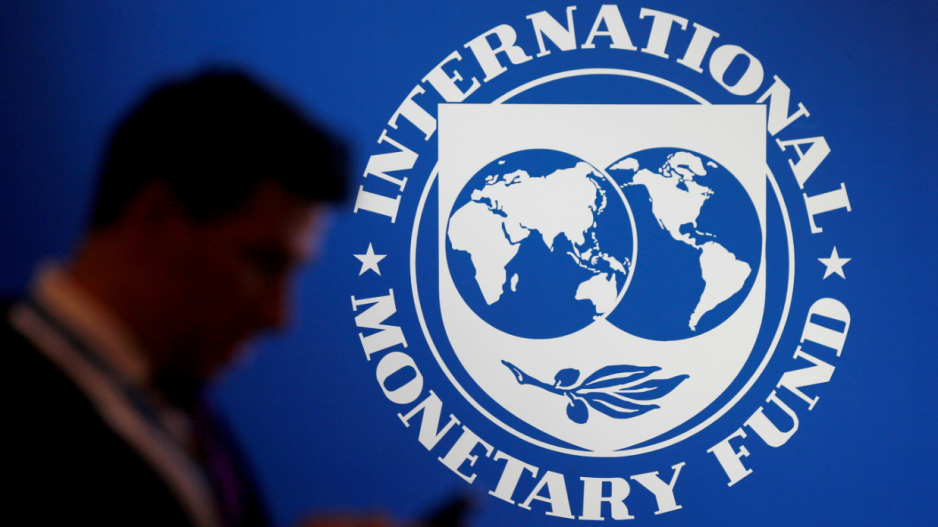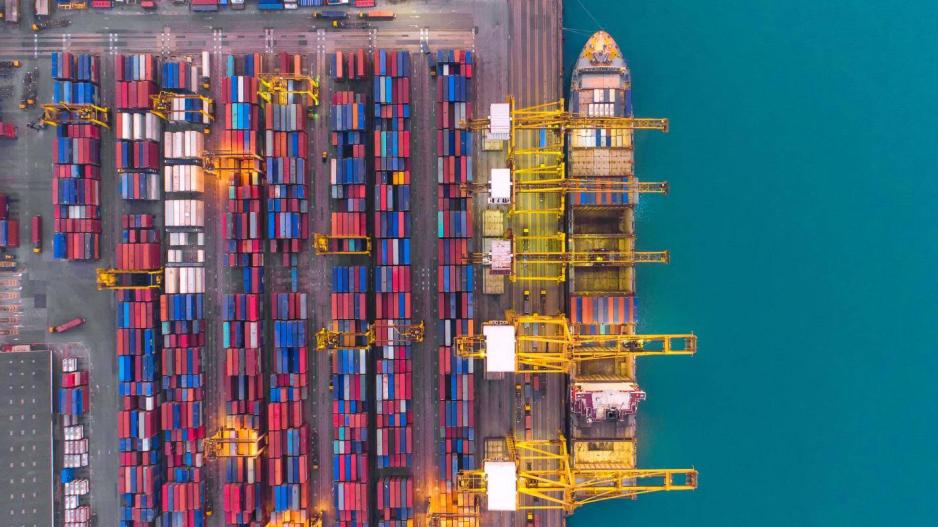Global Trade Set to Surge as Inflation Eases and U.S. Economy Flourishes
International Bodies Forecast a Sharp Recovery in Global Trade Flows, With Significant Contributions From China and East Asia
Global trade growth is expected to more than double this year as inflation subsides and the robust U.S. economy boosts activity, according to international organizations. The OECD, IMF, and World Trade Organization anticipate a sharp recovery in global product flows this year, rebounding from a slowdown in 2023 caused by higher prices, rising interest rates, and subdued demand.
The OECD projects that global trade in goods and services will increase by 2.3% this year and 3.3% in 2025, a significant rise from just 1% last year. Clare Lombardelli, chief economist at the OECD, attributed much of this growth to a "cyclical recovery" as trade expands alongside broader economic development. She added that China and East Asia are expected to be significant drivers of this activity.
In Europe, trade growth has already helped boost development in some of the EU’s largest economies in the first quarter of 2024. The overall growth rate in the Eurozone rose to 0.3%, the highest since the third quarter of 2022. "We are seeing stronger trade figures this year and expect them again next year – there have been quite positive developments from the trade side," Lombardelli commented.

In its latest World Economic Outlook, the IMF also forecasted that the volume of global trade would reach 3% in 2024. The WTO, which does not provide forecasts for service trade, expects goods trade to increase by 2.6% in 2024, after a 1.2% decline last year.
However, despite the optimistic outlook, global trade growth is not expected to return to pre-pandemic levels this year. Between 2006 and 2015, the volume of trade in goods and services grew at an average annual rate of 4.2%, data from the IMF shows.
The OECD, IMF, and WTO have warned of trade risks caused by geopolitical tensions, regional conflicts, and economic uncertainty. Governments are increasingly focused on national security, self-sufficiency, and supporting domestic companies.
According to the WTO, trade flows between geopolitically aligned blocs have been growing 4% slower than trade within these blocs since Russia's full-scale invasion of Ukraine.






